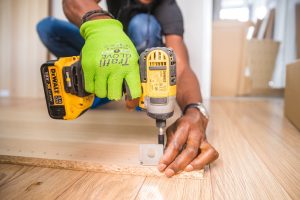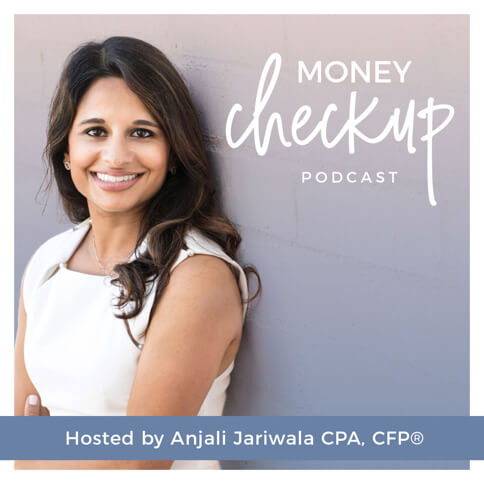My clients have asked a variety of questions about how the pandemic will impact their ability to buy and sell property. Thus, I decided to turn to Amber Romo, a real estate agent with The Miller Group and Beach City Brokers in Southern California, for answers.
Real estate continues to operate during the pandemic — having a place to live is essential, after all — but Amber is currently following very strict guidelines. Before buyers can tour a home, they need a pre-approval letter and proof of funds. Amber can only bring one agent and two potential buyers into a home at a time, and they have to fill out a COVID-19 form for each property they look at. Everyone entering a home has to wear gloves and masks.
Outside the home, the uncertainty surrounding the pandemic is making lenders more cautious, Amber says. And she believes real estate investors should be cautious as well.
Buying, Selling and Lending
In the Los Angeles area, Amber told me she has seen only minor differences in listing prices. In San Diego, she’s noticed very little change. However, she says a typical offer is substantially lower than it would’ve been two months ago. She is encouraging some of her clients to put in lower offers because, in this market, they can.
For that reason, if her clients don’t have to sell right now, Amber recommends waiting. Homes are sitting on the market longer than they did during the winter. When there’s more inventory available, sale prices tend to fall.
Even though buyers are able to make lower offers, Amber says she’s seen some people struggle to get financing. If your financing is secure, you may be able to offer less on a home and beat out a buyer whose financing falls through.
Most lenders — even those who were willing to lend on 10% or 15% down prior to the pandemic — are now requiring buyers to put 20% down, Amber says. Doctor loans are still an exception. However, I spoke with another lender recently who told me that banks may even require 30% down for a primary residence in this environment, and if you are going for a doctor loan you may have to pay mortgage insurance. It is prudent to talk with a lender and obtain pre-approval well before you plan to make an offer to ensure you can obtain financing.
Lenders are taking much more of a conservative approach when it comes to who they’re willing to lend to. If a buyer doesn’t work in an essential industry, for example, the lender may hesitate to issue a mortgage due to concerns about the borrower’s job stability. One of Amber’s lenders is now performing as many as three employment checks on buyers throughout the mortgage process. And they’re even more cautious with jumbo loans.
Managing Investment Property in a Pandemic
If you currently own investment property, you may have encountered pandemic-related challenges, depending on the regulations in your city or state.
In California, you cannot currently give your tenants notice to leave, even if their lease has expired — and even if you were planning all along to sell this spring. Once the stay-at-home order is lifted, Amber says, landlords will have to wait an additional 90 days to give tenants notice to leave. Then tenants will have an additional 30 or 60 days to leave. All in all, landlords may struggle to sell properties for at least six months or longer.
If you’re considering buying investment property, now may be a great time to get a deal. However, Amber warns, remember that landlords cannot discriminate based on occupation. Consider taking a larger deposit to protect yourself and make sure your tenants are financially secure.
Amber, who flips homes, says she’s keeping her eyes open for opportunities but being very cautious. Before you buy, take time to do your due diligence. Make sure you won’t need to rely on a new property’s income stream immediately — you may need to prepare to wait longer than usual to secure tenants, especially if we see a second wave of coronavirus cases in the fall or winter.
Home Buying After the Pandemic
If you’re currently in the housing market, either for a home of your own or an investment property, Amber suggests negotiating more aggressively than you ordinarily would. There may not be much inventory on the market, but there isn’t much competition either, which gives many buyers more negotiating power than they had a few months ago.
After stay-at-home orders are lifted and social distancing recommendations are loosened, Amber expects an increase in all kinds of homebuying activity. Owners who were planning to sell this spring will begin listing their properties. Buyers, reassured of their job security, will begin looking for homes. And those of us who’ve gotten sick of being at home may seek to move sooner than we otherwise planned.
Amber hasn’t yet noticed changes in the kinds of things buyers want in Southern California homes. After the pandemic, though, she suspects buyers may be looking for bigger backyards and more space, or more access to parks and beaches.
There is a lot of uncertainty in almost every industry right now, and real estate is no exception. But if you need to buy or sell a home, agents like Amber are here to help.




